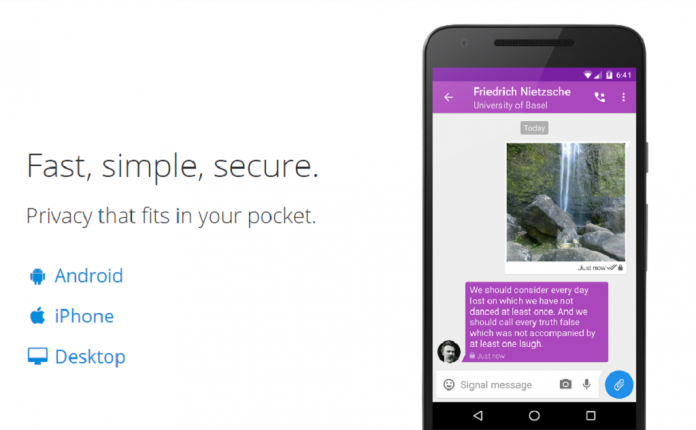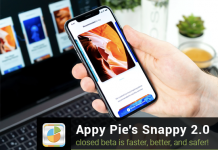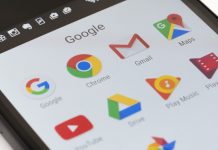
WhatsApp co-founder Brian Acton left Facebook in 2017 to fund a nonprofit messaging app called Signal. Acton’s $50 million cash injection made possible the development of this privacy-focused app, despite its reputation and popular use among U.S Senate members, the app has had several budget troubles which have slowed down the app’s upgrade development.
Signal chief Moxie Marlinspike launched Signal’s funding campaign in order to expand the company’s personnel, which has proven to be a constant issue for the non-profit company.
However, Marlinspike admitted that the Foundation’s main goal is to make the company financially self-sustainable through public donations, it still remains unclear how they plan to achieve this since the company’s main fuel is Acton’s money and the plan is to remain as an independent entity.
Today, we are launching the Signal Foundation, a 501(c)(3) nonprofit with a mission to develop open source privacy technology that protects free expression and enables secure global communication: https://t.co/ynyYhkHvn0
— Signal (@signalapp) February 21, 2018
Signal’s sustainability will rely on Signal Foundation
It is claimed, however, that all of these efforts are made in the hopes of providing new multiple features to offer a more reliable private communication app experience, and to expand their personnel. As stated when thanking collaborators, the bright side of the funding is that Signal won’t have to worry about paying off investors.
Moxie Marlinspike stated, “This means reduced uncertainty on the path to sustainability, and the strengthening of our long-term goals and values, an incredibly talented engineer and visionary with decades of experience building successful products”.
Marlinspike is not alone. Acton wrote that he will serve the nonprofit as chief executive since he has a shared belief that this model is the best vehicle for communication providers. The app has also been praised by the organizations like the Freedom of the Press Foundation.
Delighted that Signal’s future now seems ensured. It’s my favorite encrypted messaging app for reporting. https://t.co/jxyTKsTP8F
— Nicholas Thompson (@nxthompson) February 21, 2018
What is Signal and how is it different?
Signal is an end to end encrypted message communication application developed by Open Whisper Systems, it functions with standard cellular phone numbers as identifiers and it was originally released on July 2014 with the same features and functions as other popular messaging apps.
Like WhatsApp, Signal allows users to contact other users with no charge whatsoever (except for data fees) with the difference of a built-in mechanism to verify that no “man in the middle attacks” occur, it’s standard verification employs QR scan and fingerprints, and it relies on a ” trust on first use mechanism to notify users of corresponding key changes that can be made.
Signal’s encryption protocol employs the Double Ratchet algorithm, a tool that disables attackers from accessing clear text areas after having compromised a session key, it combines cryptography based on key exchange and a ratchet based on a key derivation function.
Source: Signal










